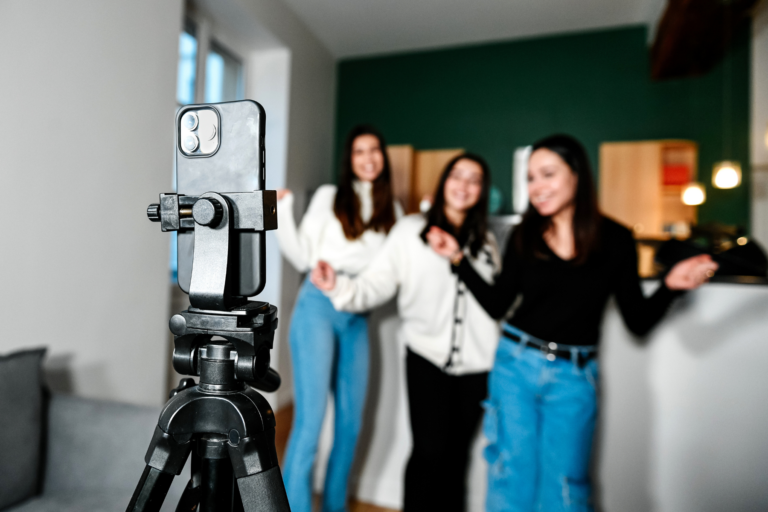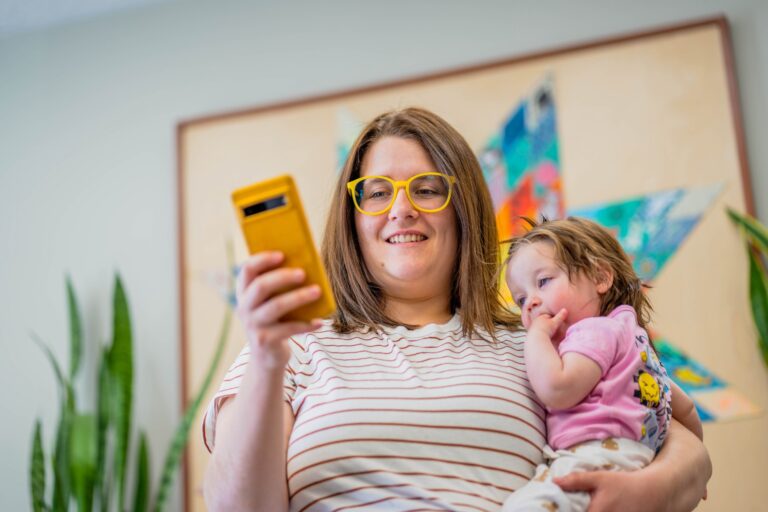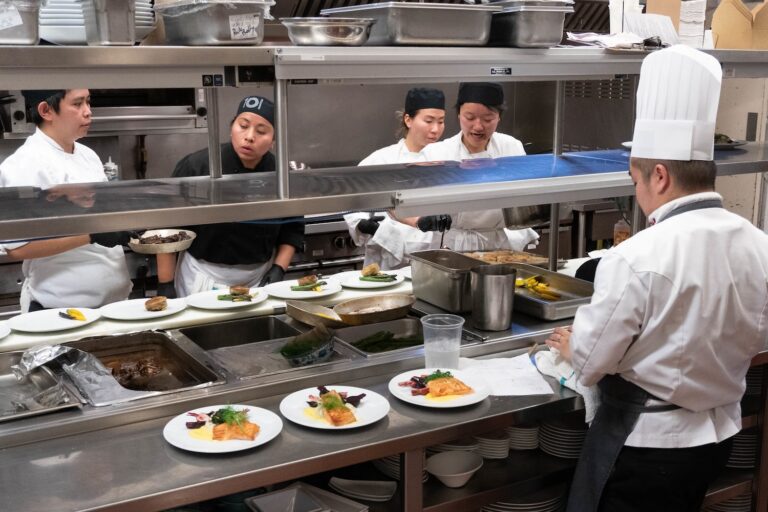A year of surprise and discovery at UBC News
From eye-opening research about the values of today's young men, to counterintuitive stats about violence between teenage boys and girls, UBC News readers showed an appetite for the unexpected this year.

UBC engineers developed a new ultrasound transducer, or probe, that could dramatically lower the cost of ultrasound scanners to as little as $100. Credit: Clare Kiernan/UBC
Promising research discoveries that will help shape a better world emerged from UBC in 2018, as well as interesting findings that challenged what we thought we knew. From eye-opening research about the values of today’s young men, to counterintuitive stats about violence between teenage boys and girls, UBC News readers showed an appetite for the unexpected this year.
Here are the 10 most read stories from UBC News in 2018:
Millennial men value altruism and self-care above traditional male qualities
Young Canadian men hold masculine values that are distinctly different from those of previous generations, according to a study out of UBC’s men’s health research program in partnership with a Vancouver-based market research firm. Selflessness, social engagement and health ranked highest, and physical strength ranked lower than either intellectual or emotional strength.
Teen dating violence is down, but boys still report more violence than girls
Boys are more likely than girls to report being the victim of teen-dating violence such as being hit, slapped, or pushed, according to research from UBC’s School of Nursing and Simon Fraser University. The research shows that anti-violence interventions should not assume that girls are always the victims.
Could a DIY ultrasound be in your future? UBC breakthrough opens door to $100 ultrasound machine
UBC engineers developed a new ultrasound transducer, or probe, that could dramatically lower the cost of ultrasound scanners to as little as $100. Their patent-pending innovation—no bigger than a Band-Aid—is portable, wearable and can be powered by a smartphone. Sonograms produced by the device were as sharp as, or even more detailed than, traditional sonograms.
Stressed out? Try smelling your partner’s shirt
The scent of a romantic partner can help lower stress levels, according to a UBC psychology study that had women smell T-shirts before undergoing stress tests. Women felt calmer after being exposed to their partner’s shirt, but produced elevated levels of the stress hormone cortisol after being exposed to a stranger’s shirt.
The Aga Khan awarded with honorary degrees from UBC and SFU
B.C.’s two largest universities got together for their first joint conferral ceremony to award honorary degrees to His Highness the Aga Khan. The spiritual leader of the world’s Ismaili Muslim community earned the recognition through his commitment to fighting poverty and improving health and education for millions around the world.
Hardwired for laziness? Tests show the human brain must work hard to avoid sloth
The human brain is inherently attracted to sedentary behaviour, according to a study out of UBC’s brain behaviour lab. By measuring brain activity while test subjects reacted to images of active and sedentary behaviour, the researchers found that avoiding inactivity requires more brain resources—perhaps a sign that humans have evolved to conserve energy.
Bacteria-powered solar cell converts light to energy, even under overcast skies
Researchers used photosynthetic bacteria to build a solar cell that worked as efficiently in dim light as in bright light, and generated a current stronger than any previously recorded from such a device. The innovation could be a step toward wider adoption of solar power in places like B.C. and parts of northern Europe where overcast skies are common.
Gut enzymes could hold key to producing universal blood
New enzymes found in the human gut are 30 times more effective than previously developed enzymes at removing antigens from blood, a team from the department of chemistry discovered. The finding could allow any type of blood to be turned into the universal type O, expanding the pool of potential blood donors who can save lives.
Genetic ancestry test users ‘cherry-pick’ which races to identify with
People who undergo DNA analysis to determine their ancestry can be selective about which results they embrace and which they reject, a study from the department of sociology found. Ancestry testing is a growing, billion-dollar industry, but its customers part with their money more easily than they part with their identities and pre-conceived biases.
Mary Ellen Turpel-Lafond joins UBC as head of residential school centre and professor of law
Shortly after opening the Residential School History and Dialogue Centre, UBC announced the appointment of Turpel-Lafond as its first director and a professor in the Peter A. Allard School of Law. Turpel-Lafond advocated for child welfare during her decade as B.C.’s first official representative for children and youth, and as a lawyer and judge worked to improve supports for indigenous people in the legal system.
Many of the UBC people behind these stories are available for media interviews until Dec. 23. Please contact Erik Rolfsen at 604-209-3048 or erik.rolfsen@ubc.ca to make arrangements.



